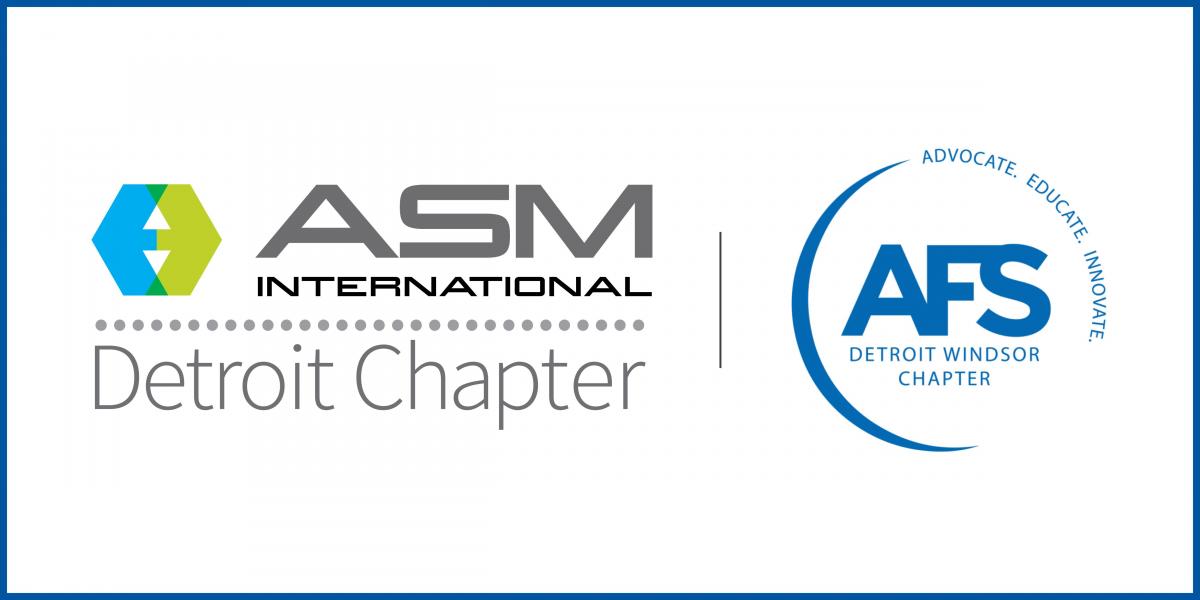Air Preparation
.png) When using compressed air and/or other carrier gases, it is paramount that the gas complies with a minimum specification of dryness and cleanness (ISO 8573.1 & ISO12500 Class 2) in order to maximize the life of the high-power heater core and ensure the smooth operation of the powder feeding system. If clumping of the feedstock powder due to moisture and contaminants is avoided, the SST process provides the best deposition efficiency and ensures that the applied coating or the substrate will not become compromised during the spraying process.
When using compressed air and/or other carrier gases, it is paramount that the gas complies with a minimum specification of dryness and cleanness (ISO 8573.1 & ISO12500 Class 2) in order to maximize the life of the high-power heater core and ensure the smooth operation of the powder feeding system. If clumping of the feedstock powder due to moisture and contaminants is avoided, the SST process provides the best deposition efficiency and ensures that the applied coating or the substrate will not become compromised during the spraying process.
SSTTM Desiccant Air Dryers
- 300 psi (20 bar) Maximum Rating
- Portable Cart
- Provide Clean Dry Air to Cold Spray Control
- Automatic Dump provides worry-free maintenance
- Input Air Class 4 < 38 Deg F (< 3 Deg C) Dew Point
- Output Dry air to -40 Degree F dew point Class 2 Air (See Table below)
- Dual 25’ input and output lines
- 1-year warranty against manufacturing and material defects
Air Quality Standards ISO 8573.1 & ISO12500
*Air quality required for SST Cold Spray (Class 2)
| Class | Solid Particles, Particle Size (mm) | Humidity and Liquid Water | Oil | |||||
|---|---|---|---|---|---|---|---|---|
| 0.10 < d ≤ 0.50 |
0.50 < d ≤ 1.00 |
1.0 < d ≤ 5.0 |
Pressure Dew Point | Total Concentration: Aerosol, Liquid and Vapor |
||||
| Maximum Number of Particles per m3 | °C | °F | mg/m3 | ppm/w/w | ||||
| 0 | As Specified | As Specified | As Specified | As Specified | ||||
| 1 | 100 | 1 | 0 | ≤ -70 | -94 | ≤ 0.01 | ≤ 0.008 | |
| *2 | 100,000 | 1,000 | 10 | ≤ -40 | -40 | ≤ 0.1 | ≤ 0.08 | SST Cold Spray |
| 3 | 10,000 | 500 | ≤ -20 | -4 | ≤ 1.0 | ≤ 0.8 | ||
| 4 | 1,000 | ≤ +3 | 38 | ≤ 5.0 | ≤ 4 | Std shop air | ||
| 5 | 20,000 | ≤ +7 | 45 | |||||
| 6 | ≤ +10 | 50 | ||||||
| Liquid Water Content Cw g/m3 | ||||||||
| 7 | Cw ≤ 5 | |||||||
| 8 | 0.5 < Cw ≤ 5 | |||||||
| 9 | 5 < Cw ≤ 10 | |||||||
| Per ISO 8573=1:2001 (E) | ||||||||
SST recommends that a 2-micron filter is used and that the carrier air has a -40 °C dew point. This is a little drier than the standard -33 °C rating common to many air preparation equipment specifications.
 Cartridge Filters
Cartridge Filters
- Cartridge filters are comparatively low in cost but they require maintenance. Usually, a pre-filter of between 20 microns to 5 microns is used to remove the bulk of moisture and contamination. This technique improves the service life of the cartridge filter. As the filter cartridge becomes burdened with contamination, the output flow rate will decrease. Routine maintenance is necessary to ensure that the process efficiency will not be impacted by the flow rate decline.
- Membrane filters require less maintenance than cartridge filters because the membrane does not trap but rather isolates the contamination from the downstream system. Typically, these devices are self-cleaning by either gravity or an active process. It is common for membrane filters to consume about 5 m3/h (3 SCFM) of air.
- A refrigerated dryer can also be used to eliminate moisture from the compressed air supplied to the cold spray system. If the refrigerated dryer is part of an already existing air compressor system, ensure that the dryer is properly set and capable of getting the air dry enough.
- A refrigerated dryer can also be used to eliminate moisture from the compressed air supplied to the cold spray system. If the refrigerated dryer is part of an already existing air compressor system, ensure that the dryer is properly set and capable of getting the air dry enough.



